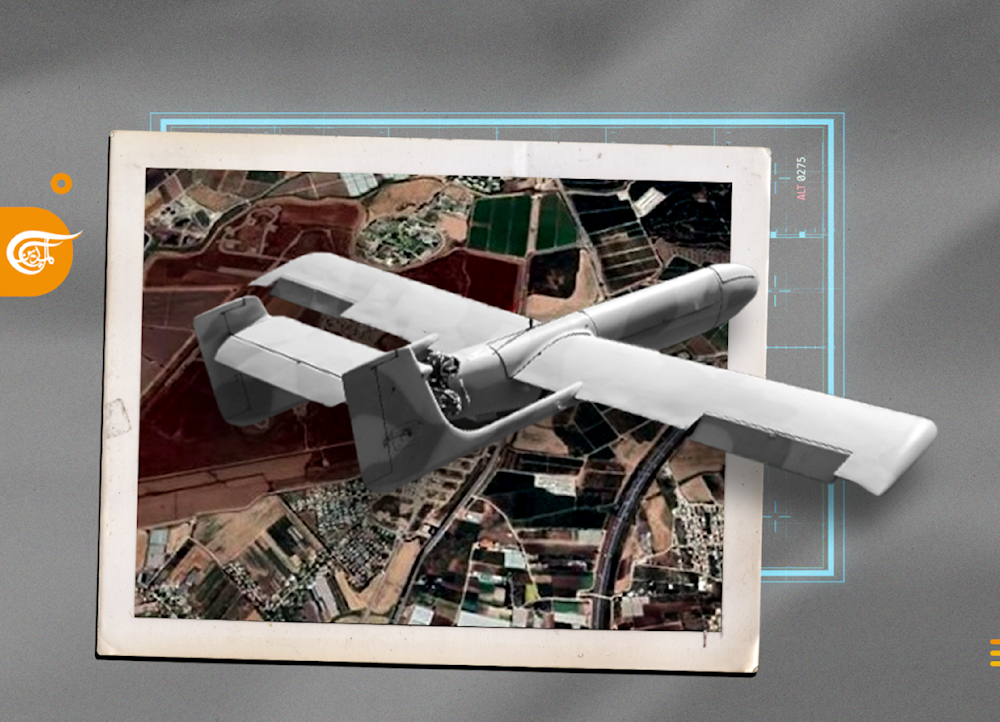Exclusive: Hezbollah strike against Glilot base highly successful
According to the sources, the attack has resulted in significant casualties within the Israeli intelligence unit, with fatalities reaching 22 and 74 members reported injured.
European security sources have reported to Al Mayadeen that the recent strikes by the Islamic Resistance in Lebanon - Hezbollah targeting the HQs of Unit 8200 in the Glilot base and the airbase of Ein Shemer have been substantially successful.
According to the sources, the attack, dubbed Operation Arbaeen, has resulted in significant casualties within the Israeli intelligence unit, with fatalities reaching 22 and 74 members reported injured.
The operation was the main target of response to the assassination of martyred Commander Fouad Shokor, as confirmed by Hezbollah Secretary-General Sayyed Hassan Nasrallah on August 25.
Dubbing the response Operation Arbaeen in his speech, Sayyed Nasrallah reflected on the details of the operation and debunked Israeli claims that preceded and followed it.
"نحن سنتابع نتيجة تكتم العدو عما جرى في هاتين القاعدتين وخصوصاً في غليلوت.. إذا كانت النتيجة مرضية وتحقق الهدف المقصود فنحن سنعتبر أن عملية الرد انتهت.. إذا لم تكن النتيجة كافية سنحتفظ بحق الرد حتى وقت آخر"
— قناة الميادين (@AlMayadeenNews) August 25, 2024
الأمين العام لحزب الله السيد حسن #نصرالله#عملية_يوم_الأربعين pic.twitter.com/5UmoyMpAvO
Sayyed Nasrallah highlighted that the Glilot base is located 110 km from the Blue Line between Lebanon and occupied Palestine, and 1,500 meters from Tel Aviv's periphery, placing it just outside Tel Aviv. He added that the operation's second target was the Ein Shemer airbase, situated 75 km from Lebanon and 40 km from Tel Aviv.
He confirmed that "a significant number of drones hit their intended targets, but the enemy is keeping all relevant details concealed, but the days and nights will reveal the truth of what happened there."
Sayyed Nasrallah explained that the operation entailed two phases. The initial phase was focused on targeting sites and barracks in northern occupied Palestine with the hundreds of intended rockets to exhaust and deplete the Iron Dome and interceptor missiles, paving the way for phase two, which saw the swarms of drones heading toward their intended targets.
Regarding the guidelines set by the Resistance for selecting the said targets, Sayyed Nasrallah noted that they had to be military, not civilian, directly related to the assassination of the martyred leader, and located deep inside the occupied territory and close to Tel Aviv.
The Islamic Resistance in Lebanon - Hezbollah continues to strike Israeli military sites, soldier gatherings, and military equipment on the northern front in support of the people of Gaza and their brave Resistance, as well as in defense of the Lebanese South against continuous Israeli aggression.
The spokesperson of the Israeli occupation forces reported that at least 30 rockets fired from Lebanon have targeted the al-Jalil Panhandle so far. Over 60 rockets were fired by Hezbollah toward the occupied north over the past hour alone.
Hezbollah could destroy Tel Aviv, Gush Dan if attacked: Israeli Gen.
Israeli Reserve Major General Yitzhak Brik cautioned against the grave consequences "Israel" would face if it chose to escalate the war with Lebanon, stressing that the threats issued by senior security officials are "futile and pointless."
In an interview with Israeli Channel 12, Brik stated that "the most dangerous lie being promoted right now, which could create a major disaster for Israel, is that the army will launch an attack on Hezbollah."
He elaborated, saying, "The public needs to understand the truth. This very small (Israeli) army, which has been divided into six divisions and cannot eliminate Hamas because it cannot remain in the territories it occupies, will face many problems if it wages a large-scale war on Lebanon."
According to Brik, these problems include "the army's struggles with logistics, maintenance, ammunition, and spare parts, as it has unusable tanks."
"Even if the army manages to reach the Litani River, it will find that it must leave within two or three weeks because there will be no one to replace it," he said, adding that Security Minister Yoav Gallant had admitted that the army has no intention of remaining in Lebanon, meaning that such a move "would achieve nothing."

 4 Min Read
4 Min Read









